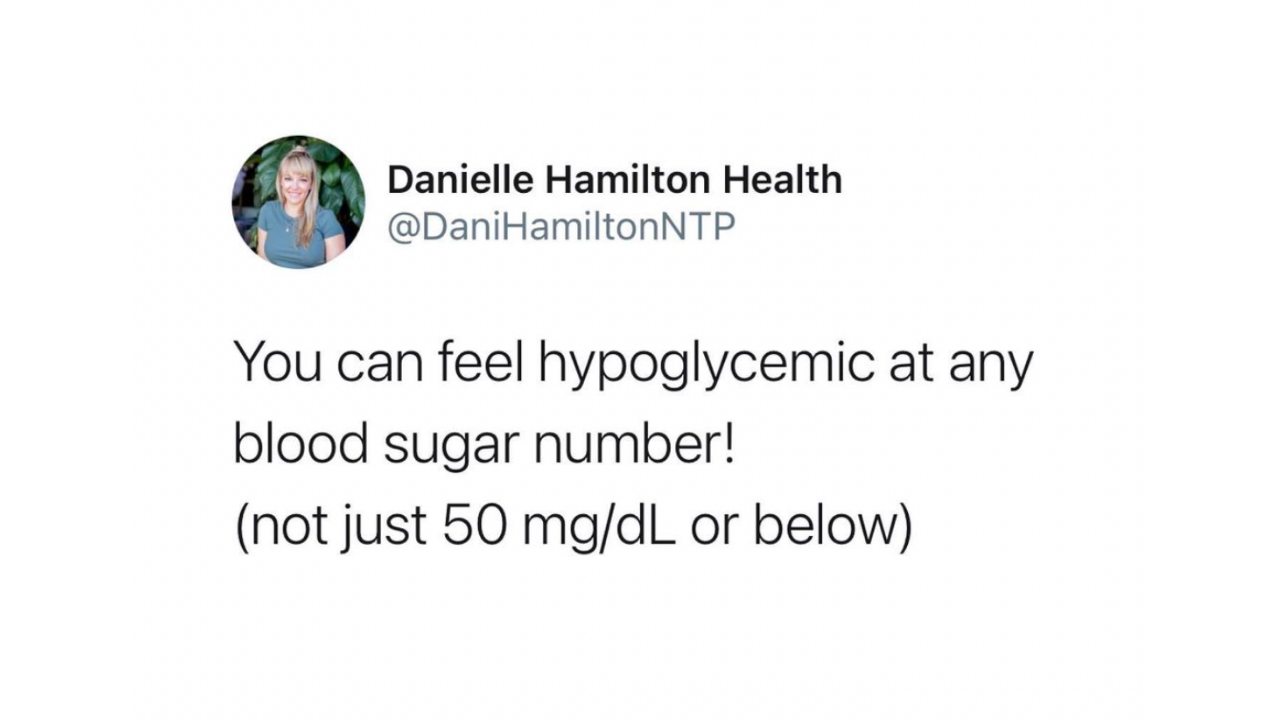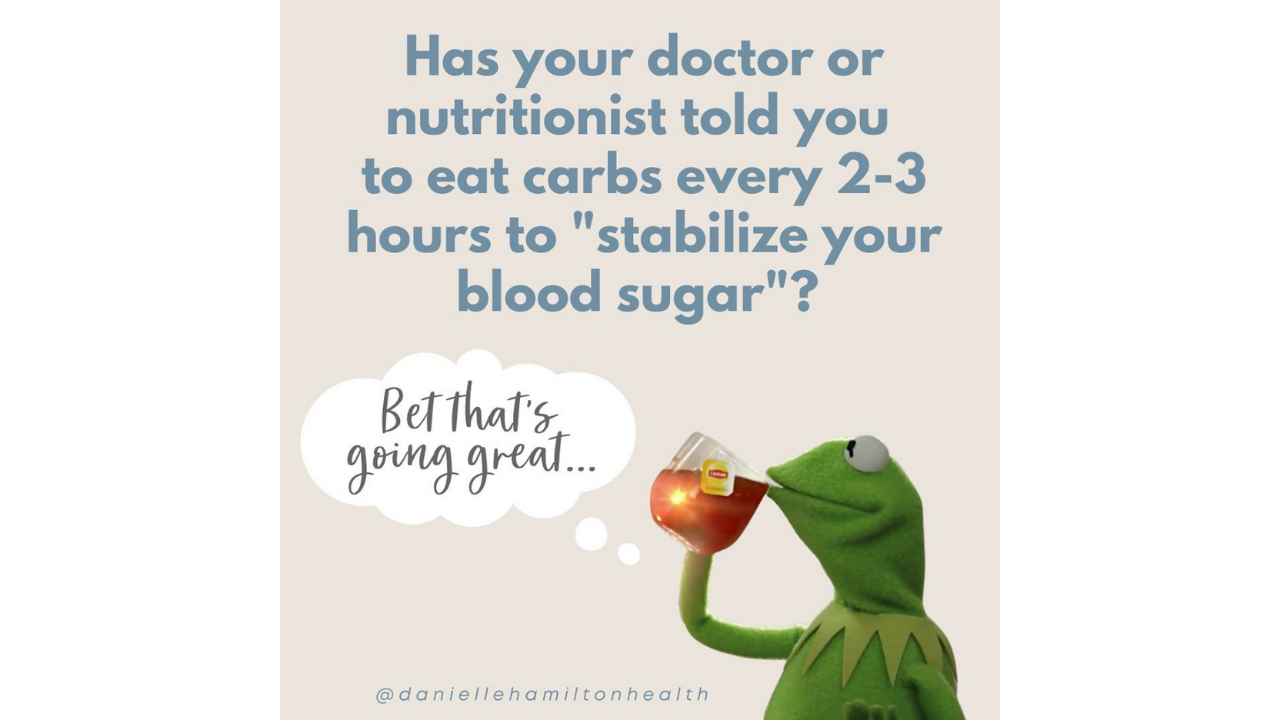Stomach Acid is Essential for Breaking Down Proteins

Depressed?? Anxious?? Hormone Imbalances? Bloating? Burping? Brittle nails or bones? Thin hair? Read on 👇
Without adequate stomach acid, we can’t break down proteins.
Stomach acid is what activates a protein-digesting enzyme pepsinogen into its active form, pepsin.
Remember, proteins don’t just build muscle. They break down to form skin, hair, nails, enzymes, hemoglobin, HORMONES & NEUROTRANSMITTERS!!
Lack of adequate protein intake and poor digestion of proteins can set us up for hormone imbalances, mood issues like anxiety/depression, excessive appetite, worsened digestion, bloating, indigestion, burping or gas after meals, nutrient deficiencies, gut flora imbalances, and so much more!
There are a variety of ways to increase stomach acid and you may need to do several of these things but here are some general tips:
1. Get in a rest and digest state
2. Chew 20-30 times per bite
3. Support digestion with Apple Cider Vinegar, digestive bitters, or HCl (please work with a practitioner for proper...
Hypoglycemic Symptoms Can Be Felt at Any Blood Sugar Number

The gaslighting from doctors needs to stop! Hypoglycemic symptoms can be felt at any blood sugar number.
What are symptoms of hypoglycemia?
•Dizziness / weakness / shakiness
•Brain fog / difficulty concentrating
•Intense or urgent hunger / cravings for carbs, sweets, starches
•Anxiety / irritability / moodiness
•Racing heart / heart palpitations
•Fatigue
•Tingling or dry lips
•Headaches
•Sweating
•Nausea / vomiting
These symptoms are indicating your body perceives you are low on fuel.
This is often due to an inability to efficiently burn body fat for fuel.
Has Your Doctor of Nutritionist Told You to Eat Carbs Every 2-3 Hours to "Stabilize Your Blood Sugar?"

Sure eating will bring your blood sugar up if you’re having a low, but chances are you’re eating carbs or sugar to bring it back up which is actually worsening the root cause of the issue.
So the “treatment” is actually making you worse.
I get reports from clients all the time that this method only makes them crash more often!! It’s a nightmare.
If you suffer with hypoglycemia or reactive hypoglycemia, or constant blood sugar crashes, you feel like you’re on a blood sugar roller coaster that you can’t get off of.
It interferes with your life, your well-being, impacts your relationships, your job, perhaps you can’t drive or work anymore.. but this doesn’t have to be how it is.
There is HOPE that this can be reversed! And the answer is not eat more carbs more often.
To learn more, click the link below to purchase the Reactive Hypoglycemia Masterclass:
The Earliest Signs of Blood Sugar Issues

The earliest signs of blood sugar issues are often accompanied by hunger (or can happen after you eat).
Hunger should not feel urgent or be accompanied by any of these symptoms!!
These symptoms indicate that the body is perceiving an energy dip and these symptoms will send you to go get more food, often times in the form of sugar, carbs, energy drinks or coffee.
These symptoms might be common but are not normal.
Typically they happen as blood sugar is dropping below 70 mg/dL but can also happen at ANY blood sugar number.
These symptoms indicate your body is inefficient at burning fat for fuel.
If they happen after a meal, they can be a sign of Reactive Hypoglycemia.
If you want to learn how to improve your metabolism so you can reverse these symptoms and stop the crashes, click here to purchase the Reactive Hypoglycemia Masterclass: https://www.daniellehamiltonhealth.com/offers/8vXLnBA5
Best Proteins for Blood Sugar Stability

Excess proteins can’t be stored in the body so the body will convert excess proteins to glucose which will trigger a release of insulin.
The conversion of protein to glucose occurs as a result of the hormone, glucagon.
This process is called gluconeogenesis.
This is why the recommendations on a keto diet are for fatty, not lean protein.
When we eat proteins that come with fat, this helps to slow the absorption of the glucose and blunt blood sugar spikes.
Fats have virtually no effect on blood sugar & insulin and keep you satiated and energized for hours. Fats are like logs on the fire.
In my clients with hypoglycemia and Reactive Hypoglycemia, they are especially sensitive to and prone to gluconeogenesis which in them leads to blood sugar crashes.
The Most Commonly Underestimated Cause of Blood Sugar Issues: Stress!

I see it every day. The macros are perfect yet you’re still struggling with high levels of blood sugar or frequent crashes.
It’s time to finally take a hard look at how much time you are spending in a stressed state.
Acute stressors, even rushing around getting ready to leave the house, can lead to a spike in blood sugar that’s visible on a CGM.
But I’m not as concerned about those short periods of stress, like exercise, because that’s what our body was built for.
What our body was NOT built for was the chronic stress that we experience in our modern, fast-paced lifestyle.
Chronic stress raises glucose over time, can contribute to insulin resistance, hormone imbalances, gut issues and literally soooo many other issues.
Chronic stress depletes the adrenals which are a major organ of blood sugar regulation.
Even though most of our stress isn’t going anywhere, we do have some control.
It’s soo important to get our bodies out of a stressed state and into a relaxed state (parasympathetic) throughou...
Most of us spend too much time in a stressed, sympathetic state!

Most of us spend too much time in a stressed, sympathetic state!
It’s ok to be in that state some of the time but when we are chronically in that state, many imbalances and health issues can arise.
In a parasympathetic state we rest and digest, obviously, but we also experience repair of tissues, balancing of hormones & blood sugar, as well as detoxification.
When we are in a chronic stressed state, our livers will produce glucose, our adrenals will continue to stimulate the production of stress hormones, and these things can lead to insulin resistance, hormone imbalances, lack of healing and detox, and digestive/gut issues.
Stress is not going anywhere but we can purposefully take our body out of a stressed state with many different tools.
Some of my favorites are:
•breath-work
•meditation
•epsom salt baths
•acupuncture or acupressure
•EFT / tapping
•time in nature / grounding
•receiving massage
•chiropractic care
•singing / chanting / humming
•restorative / yin yoga
•float tanks
What are your favorit...
Fasting Blood Glucose Numbers Explained

These are the numbers I use in my practice. These are not the numbers you’ll see in your doctor’s office.
Doctors often test for this on a standard blood panel but don’t interpret it in a helpful way. For example, when my blood sugar was 60 and I was super dizzy and lightheaded, no one said anything to me about it.
Luckily, you can (and should) test your glucose at home. Fasting glucose can be taken in the morning upon rising with a blood glucose meter like the Keto Mojo or my favorite, the FORA6.
Sometimes CGMs can be off up to +/- 20mg/dL so I recommend still checking with a finger prick meter even if you use a CGM.
Some people have higher fasting glucose levels in the morning because of the Dawn Phenomenon. This might indicate you have more work to do on your blood sugar, and that your liver might need some love.
This is not the only criteria for diagnosis for diabetes or prediabetes and I’m certainly not diagnosing you over Instagram.
However, this is still a great tool for knowing where...
Our blood sugar controls how we feel!

Our blood sugar controls how we feel every second of the day so it’s something REALLY important to get right if you want to feel great!
Our blood sugar also has HUGE impacts on our long term health as well!
Blood sugar affects every cell, organ, and process in our bodies so it has far reaching effects on every aspect of our health.
And this is why the symptoms of blood sugar issues are so broad!
If your blood sugar isn’t working for you, it’s working against you and can lead to so many unwanted side effects like the ones listed in the graphic (and SO many more!!)
"I don't know why I can't lose weight on Paleo" Starter Pack

I couldn’t figure out why I had such a hard time losing weight when I ate paleo.
On the daily I would have foods & snacks like these and not surprisingly, at this time I also had insulin resistance and PCOS.
I was eating wayyyyy too much sugar and too many carbs for my body. EVEN THOUGH THEY WERE “HEALTHY” CARBS.
None of these foods have added sugars or refined sugars but they all have a shitload of natural sugars or starches.
Plantain chips: refined and dehydrated a bit so the starch hits you quicker and spikes you more than with just a regular plantain which already has a ton of carbs!
Coconut water: super sugary with no fiber to slow down the absorption
Kombucha: On average they have about 16g of fruit sugar per bottle! Want probiotics without the sugar? Try sauerkraut instead
Larabars: Dried fruits and some nuts and the ones I got often had chocolate chips because, chocolate. A sugar bomb since dried fruit spikes your sugar way more than regular fruit since it’s essential...

